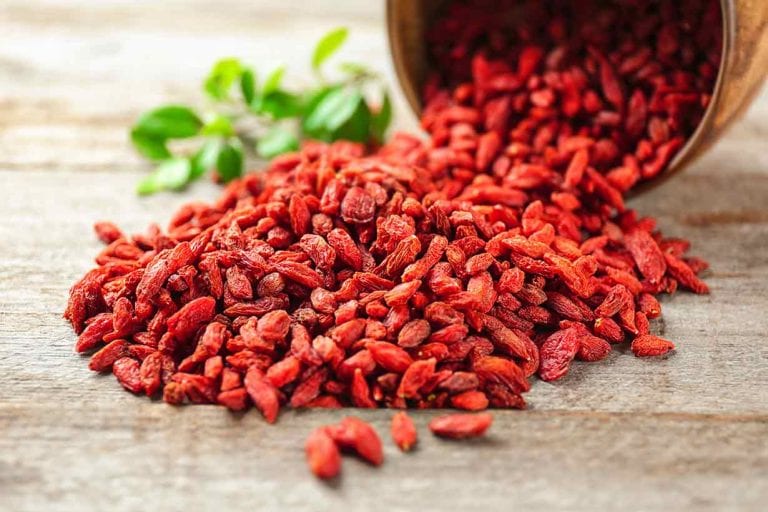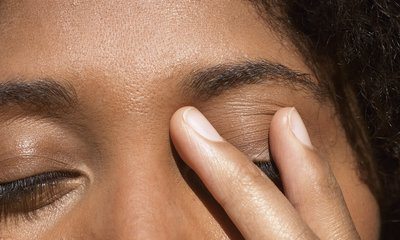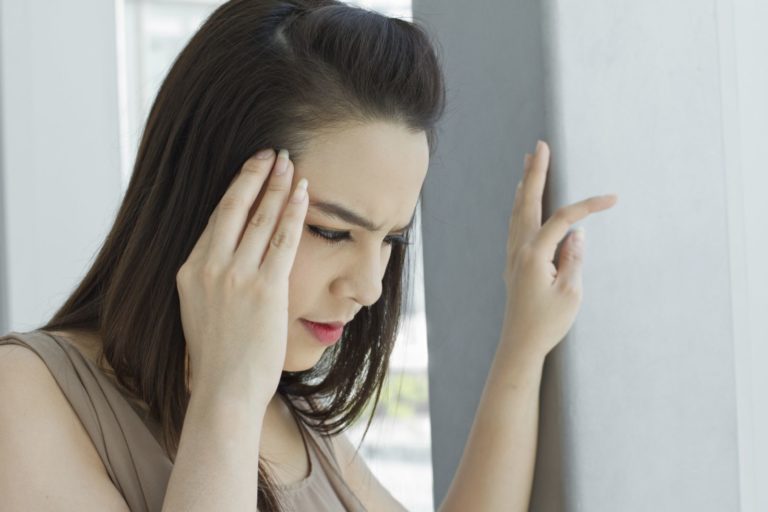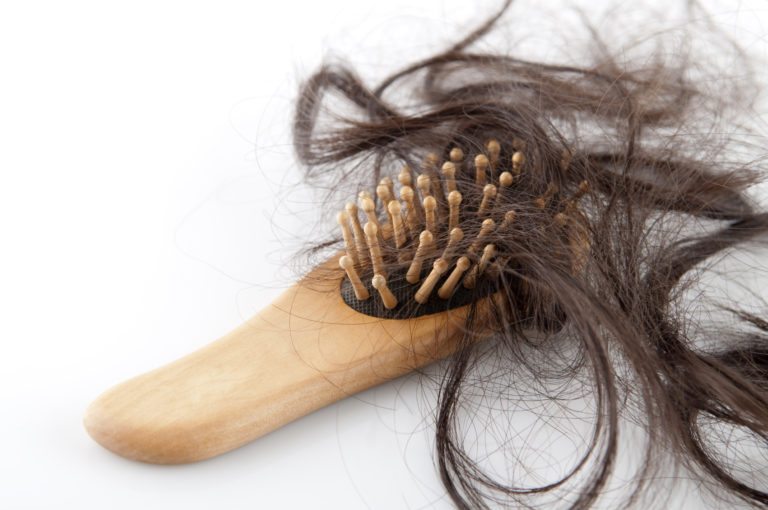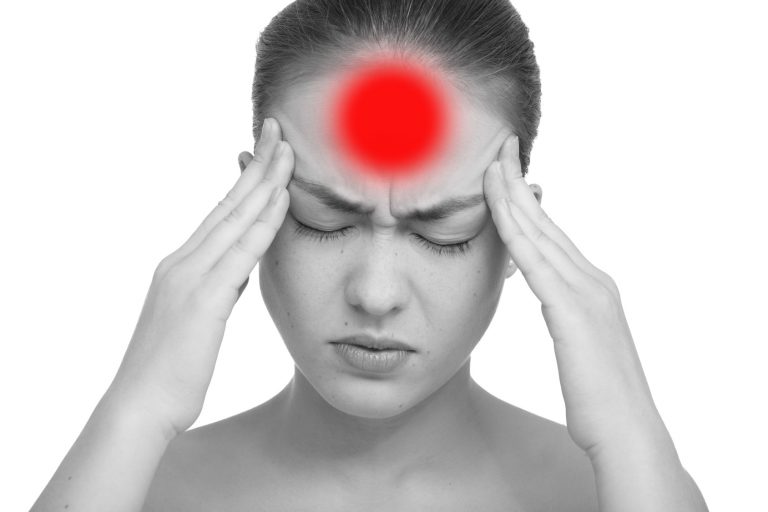
If you devote so much attention to daily obligations and physical health that you often neglect your emotional well-being, you’re not alone. Mental health isn’t even a consideration for most people until it becomes a problem, but it shouldn’t take a backseat to physical self-care. From physical health to relationships to careers, mental outlook affects virtually every part of our lives.
Here are 10 simple ways to stay mentally healthy every day.
Practice More Gratitude
Studies have linked gratitude with greater life satisfaction and improved mental wellness. Tap into these positive benefits by reflecting on what you’re most grateful for in life through a gratitude journal or list. Each day, jot down three things for which you’re thankful — from the mundane “I had a stress-free commute” to the major “I’ve accepted a new job that truly excites me.”
Plan a Getaway
Having a trip to look forward to can boost overall happiness, so plan a getaway! Whether it’s traveling for an overnight camping trip with friends, a road trip across the country, or an international extravaganza that shakes up the routine, scouting out a new place to visit can improve your outlook on life.
Be a Tourist in Your Own Town
You don’t have to go very far to discover new territory. Sometimes our own familiar home bases can give us a fresh perspective on life. Local attractions can reinvigorate tedious schedules. Take an architecture tour in a neighborhood you’ve never explored, try a new restaurant, or explore a museum exhibit.
Set Yourself up for a Challenge
Achieving a new goal is a great way to boost confidence and self-esteem, which will improve your overall mental outlook. Do something you’re good at to build self-confidence, then tackle a tougher task. Set a goal to learn a skill, pick up a hobby or sport, or put yourself in a new social situation, then celebrate the achievements, even the small ones, as you progress. You’ll enjoy a sense of accomplishment and self-worth.
Create Play Time
Do more things you enjoy. This sounds so simple, but many of us fall into the trap of prioritizing daily obligations over pleasure, which can zap our creativity and joy over time. Creative expression and overall well-being are linked, so doing creative things you enjoy regularly will provide an easy mental boost. Experiment with a new recipe, tackle a DIY project, take an art or music class, color for 20 minutes a day to clear the mind, or even go to a music hall or art museum for stimulating engagements.
Plan Ahead
There are, of course, many things we cannot control in life, but a little prepping for the week ahead can go a long way in reducing stress. Cut down on morning routines by planning and packing lunches and picking out workweek outfits during downtime over the weekend. In addition to being a time saver, it gives a sense of control so you can focus on more important things (such as pursuing passion projects).
Find the Humor in Life
There’s some science to the adage “laughter is the best medicine.” Laughter decreases stress hormones and triggers the release of endorphins, the body’s natural feel-good chemicals. Watching a comedy or cute YouTube video, reading a humorous article online, or catching up with a funny friend are fantastic mood lifters. Regular belly laughs will help reduce anxiety and improve a sense of wellness.
Spend Time With a Furry Friend
Hanging out with human friends is ideal, but spending time with animals can also lower stress hormones and boost oxytocin, which stimulates feelings of happiness. You don’t have to adopt a furry friend to reap these benefits; hang out with a friend who has a pet, volunteer at a shelter, or even pick up a side gig as a neighborhood dog walker.
Spend More Time in Nature
Even if it’s just for 15 minutes, a stroll through the park or hike in the woods can reduce stress, anxiety, and depression. Spending time in green spaces can boost mood and energy levels, so it’s worth hanging out with Mother Nature when there’s a chance, whether it’s sitting on a park bench in the sunshine for five minutes or backpacking through a national forest for days. Bonus mental health points: Make a social event of it by planning a group outing to the nearest state park.
Go Off the Grid
Disconnecting from the barrage of emails, texts, and social media alerts, especially just before bedtime, can be one of the best things for mental health (not to mention sleep habits). Go on a “digital detox” by leaving the smartphone home for a day, and spend that time doing something fun with someone face-to-face, like a walk in the park, where you’re likely to experience more mental health benefits sans screen and the urge to take selfies.



